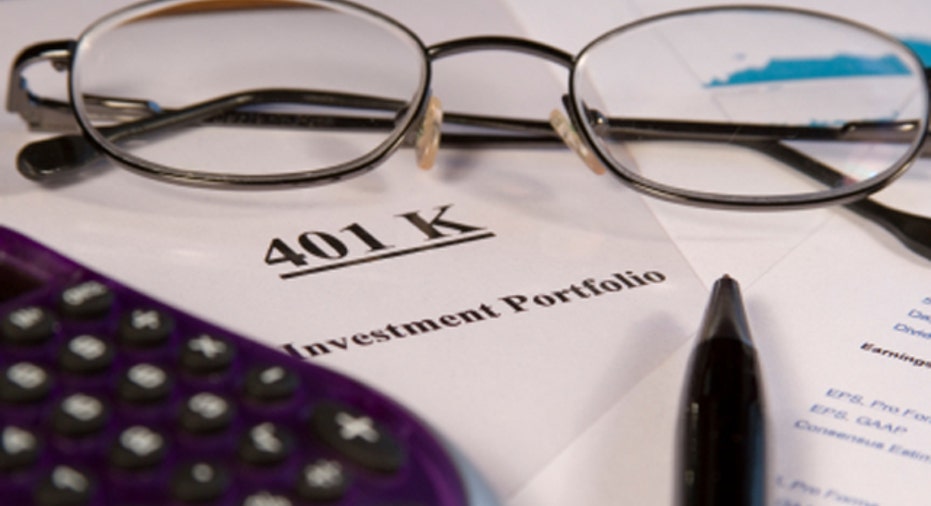3 Myths About 401(k) Plans; Fidelity Reports All-Time High

According to Fidelity, the average 401(k) balance rose to $74,900 at the end of the first quarter, a 12% increase from a year earlier and a 58% hike since 2009.
The 401(k) average is at an all-time high since Fidelity began tracking the investment plans in 1998. Nearly one in 10 participants increased their deferral rate during the first quarter as well, the highest percentage since 2006. Fidelity is the nation’s largest provider of 401(k)s and has 11 million participants in its plans.
Vice President of Market Insights at Fidelity Beth McHugh said consumers are saving more in their 401(k) plans because there is a slight increase in confidence. She said there is also a growing demand for guidance and assistance, leading to more employers and employees using planning tools and educating themselves more on retirement savings.
"People recognize and determine they need to be more engaged and accountable for their retirement," McHugh said. "People are starting to take this more seriously."
People are becoming more "cautiously optimistic," about their savings and retirement plans, she said. The recession brought a level of reality to the retirement process, and made consumers take a more realistic look at what they will need to live comfortably in their golden years.
"More and more people today are not only focusing on saving, but also looking at 'How much have I accumulated? What kind of paycheck will that give me in retirement? Do I need to save more or make adjustments?'" McHugh said. "Employers need to remind people to do everything they can to increase savings. Plan sponsors, investors and providers need to continue this focus and realize they are in this for the long haul."
Here are three common myths about 401(k) plans according to Marcia Wagner, managing director of the Wagner Law Group.
No. 1: They are simple. A 401(k) plan may seem like it is something consumers can figure out on their own, but Wagner said it is best to seek counsel either from your employer, the 401(k) investment company or an expert.
"They're very complex legal documents and the options you elect can have a profound effect on how well-run the plan is," she said. "You should always get special help in determining the things you elect for your plan."
No. 2: Fees are not important. Knowing what fees you are paying, and how much they are costing the plan are extremely important, Wagner said. These plans are not free for consumers.
"Many think it’s free, and a lot of plan expenses are for maintaining to build into the investment return of the 401(k)," she said. "There are costs for the plan sponsors and the participant."
No. 3: There is no liability for the plan sponsor. Plan sponsors have real fiduciary liability, Wagner said.
"There could be a risk legally if they don't set up and maintain the plans properly," Wagner said. Some of these risks include not maintaining a plan in accordance with its terms, using older documents and not electing the plan deferral in a timely manner.



















